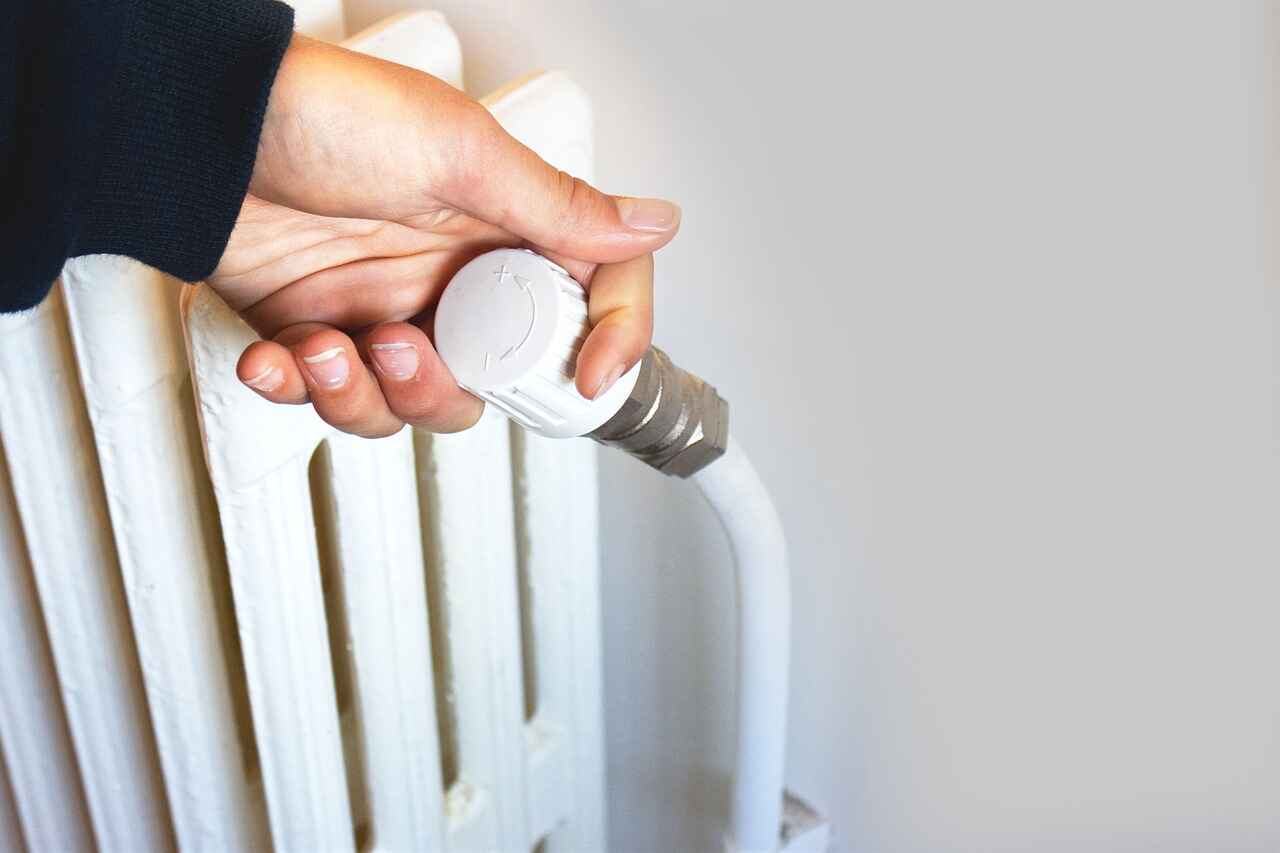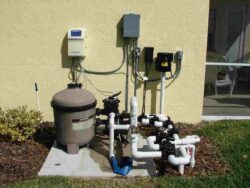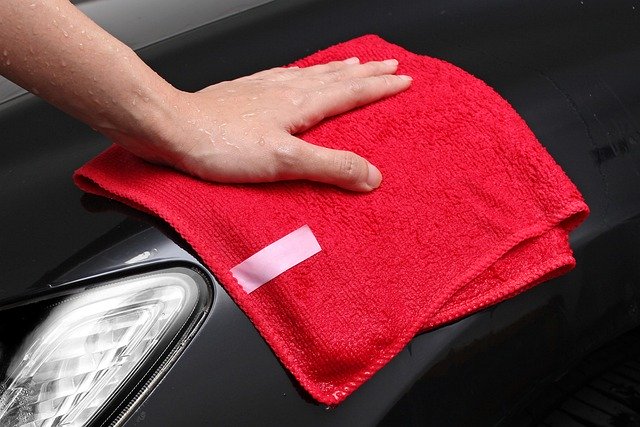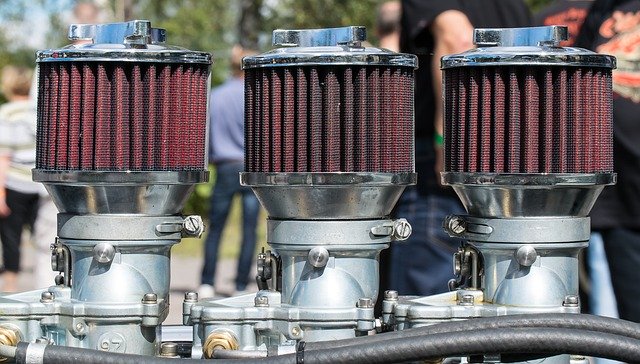A hot shower on a chilly morning, a steamy bath to unwind after a long day, or the convenience of warm water for household chores – all of these are daily luxuries made possible by your home’s water heater. Yet, hidden away in a corner of your house, this essential appliance often goes unnoticed, its significance overshadowed by more conspicuous household items. It’s only when the hot water suddenly runs cold, or your utility bills surge, that you may be reminded of your water heater’s presence.
In this comprehensive guide, we will explore the tenfold importance of cleaning your home’s water heater. From understanding how it works and the types of water heaters available to exploring the step-by-step process of cleaning and maintaining it, this guide will equip you with the knowledge and strategies needed to ensure a continuous supply of hot water, energy efficiency, and the longevity of your water heating system.
What to Know About Water Heater
Before delving into the importance of cleaning your water heater, it’s crucial to have a basic understanding of how water heater works and the types you might encounter:
1. Storage Tank Water Heaters
These are the most common types of water heaters. They store and heat a large volume of water in a tank. As hot water is used, the tank refills and reheats the water.
2. Tankless Water Heaters
Tankless water heaters, also known as on-demand water heaters, heat water only when it’s needed. They are more energy-efficient and take up less space compared to storage tank heaters.
3. Heat Pump Water Heaters
These water heaters use electricity to move heat from the air or ground to heat water. They are highly energy-efficient and cost-effective in the long run.
4. Solar Water Heaters
Solar water heaters use energy from the sun to heat water. They are eco-friendly and can significantly reduce your energy bills.
The Importance of Cleaning Your Water Heater
Now, let’s explore the ten compelling reasons why cleaning your home’s water heater is of paramount importance:
1. Extended Lifespan
Regular cleaning and maintenance can significantly extend the lifespan of your water heater. Over time, sediment buildup and corrosion can lead to the deterioration of the tank, which may result in costly replacements.
2. Energy Efficiency
A clean water heater operates more efficiently, reducing energy consumption. When sediment accumulates in the tank, it acts as an insulator, making the heating element work harder to maintain the desired temperature.
3. Improved Performance
Cleaning your water heater ensures it functions at its best. You’ll experience faster heating times, consistent water temperature, and increased water pressure.
4. Reduced Utility Bills
An efficient water heater consumes less energy, leading to lower utility bills. Regular cleaning and maintenance can save you money in the long run.
5. Preventing Sediment Buildup
In storage tank water heaters, sediment, such as sand, minerals, and debris, can accumulate at the bottom of the tank. This buildup not only affects performance but can also lead to corrosion and leaks.
6. Minimizing the Risk of Leaks
Corrosion, often caused by sediment buildup, is a leading cause of leaks in water heaters. Cleaning the tank and anode rod replacement can prevent corrosion and leaks.
7. Safe and Healthy Water
Over time, bacteria can proliferate in the warm environment of a water heater tank. Cleaning and disinfecting the tank ensure that the hot water in your home is safe and free from harmful microorganisms.
8. Consistent Water Temperature
Sediment buildup can lead to inconsistent water temperature. By cleaning your water heater, you can enjoy a steady supply of hot water without sudden fluctuations.
9. Peace of Mind
Regular cleaning and maintenance provide peace of mind. You won’t have to worry about unexpected breakdowns or emergencies, especially during the cold winter months.
10. Environmental Responsibility
A clean and efficient water heater is not only cost-effective but also environmentally responsible. It reduces energy consumption and the carbon footprint of your household.
Cleaning Your Water Heater – A Step-by-Step Guide
Cleaning your water heater is a task that can be accomplished with the right knowledge and tools. Here’s a step-by-step guide to help you maintain your water heater:
1. Turn Off the Power
For electric water heaters, turn off the power at the circuit breaker. For gas water heaters, set the gas control valve to “pilot.”
2. Turn Off the Water Supply
Close the cold-water inlet valve to stop the flow of water into the tank.
3. Drain the Tank
Connect a garden hose to the drain valve at the bottom of the tank. Run the hose to a drain or outside. Open the pressure relief valve on the top of the tank to allow air into the tank, which will help with drainage. Open the drain valve and let the tank fully drain.
4. Flush the Tank
Once the tank is empty, open the cold-water inlet valve for a few seconds to flush out any remaining sediment. Close the drain valve and allow the tank to fill.
5. Check the Anode Rod
The anode rod is a sacrificial component that helps prevent corrosion. Check the anode rod for signs of wear and replace it if necessary.
6. Turn On the Power and Water Supply
Turn the power back on at the circuit breaker for electric water heaters or set the gas control valve to the desired temperature for gas water heaters. Open the cold-water inlet valve to resume the flow of water.
7. Monitor for Leaks
Keep an eye on the water heater for any signs of leaks or unusual sounds. If you notice any issues, consult a professional plumber.
Conclusion
Your home’s water heater is a silent workhorse, providing you with the comfort of hot water whenever you need it. By understanding its operation and the types available, you can choose the most suitable water heater for your needs. More importantly, regular cleaning and maintenance are essential for reaping the full benefits of this indispensable appliance.
A clean water heater is not just a cost-saving device; it’s a guarantee of safety, efficiency, and reliability. As you embark on the journey of maintaining your water heater, you are investing in the longevity of your appliance, the comfort of your home, and the well-being of your household. So, don’t overlook this often underappreciated task; embrace it as a measure of care and responsibility for your home and your loved ones.














